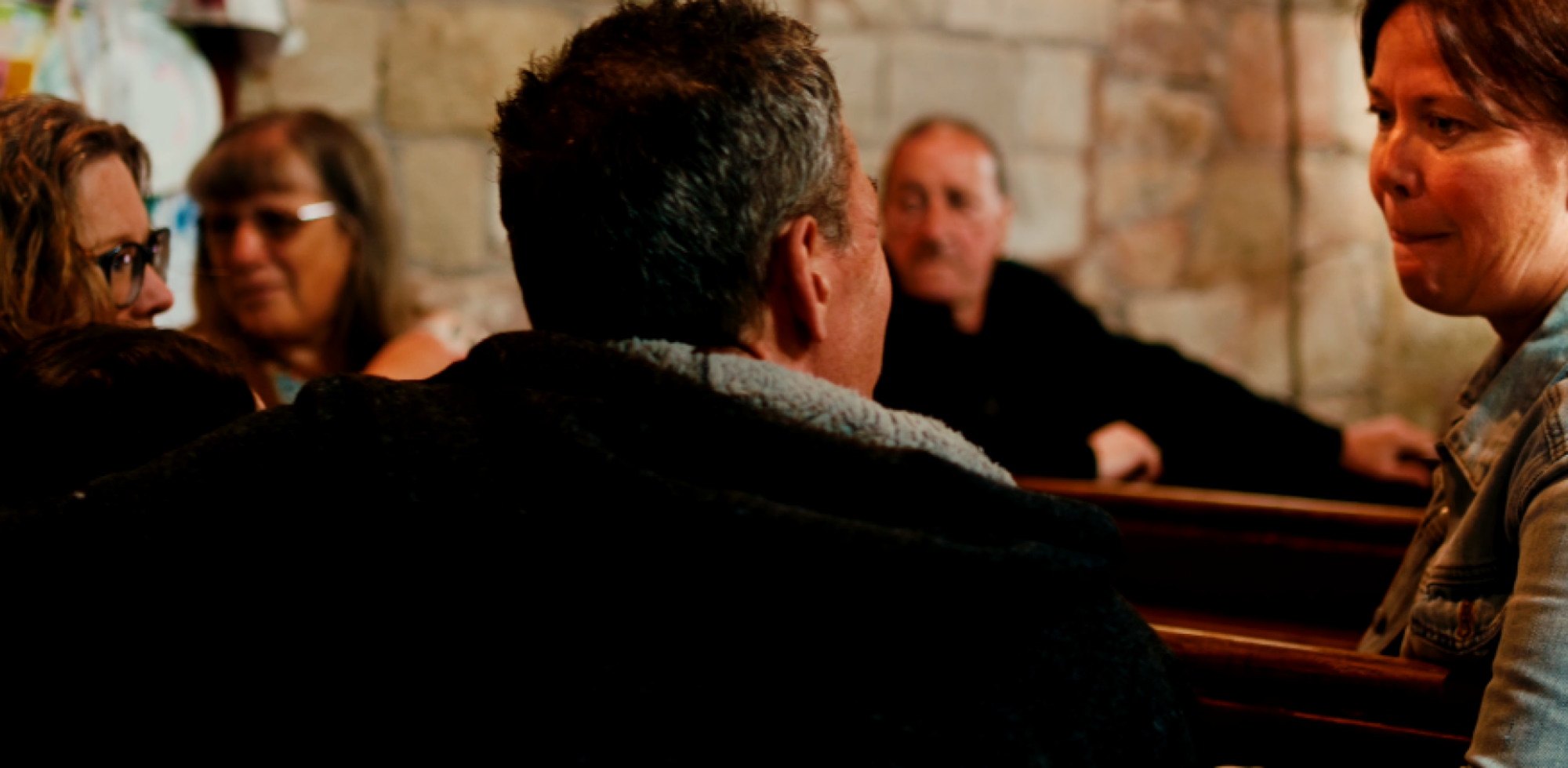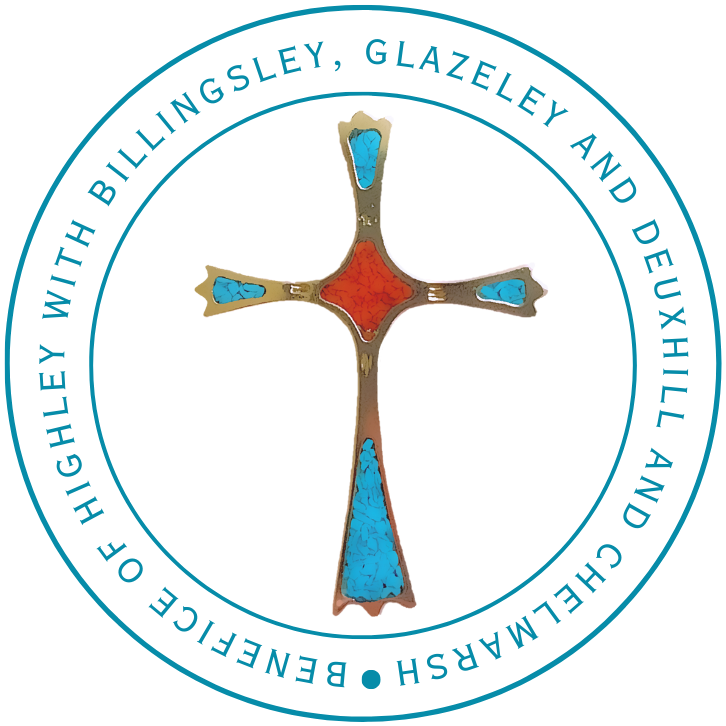I have just had to check whether or not the Church of England does officially celebrate St Valentine’s Day. We do; hooray! However, it is to commemorate Valentine as a martyr from Roman times, not the patron saints of lovers. The church website offers the following as to how that came about:
“The present-day ‘retail custom’ of sending cards and flowers declaring love only clouds the commemoration and may owe its existence to John Donne [poet and Dean of St Paul’s]. Donne wrote a marriage song for Princess Elizabeth, the daughter of James I who married Frederick V, Elector Palatine on St Valentine’s Day in 1632. His marriage song merged the religious commemoration of Valentine with fertility symbolism. The spring mating rituals of birds and possibly the pagan Lupercalia festival also add flavour to the reasons behind the current celebration of the day. Extract from Saints on Earth: A biographical companion to Common Worship by John H Darch and Stuart K Burns”.
Whilst I am all in favour of historical accuracy, I suspect most people will find more resonance in the association of Valentine with their beloved than the martyr(s) from the time of the Roman Empire. Sometimes there is room for both myth and reality.
Rev David Poyner

